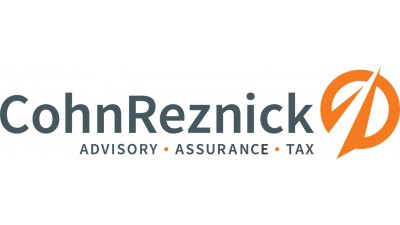3 Real Estate Exit Strategies For 2017

A critical component of any savvy investment is an equally savvy exit strategy. Not having one essentially means gambling away any cash already earned, as well as future earnings.
Heading into the second half of 2017, the following are three easy exit strategies commercial property owners should consider:
1. Buy and hold to passively create equity
While this strategy requires almost no work to widen cash flow, buy-and-hold requires heightened awareness on the part of the buyer to locate a property that will accumulate positive value over time. Such predictive ability entails firmly rooted knowledge of what neighborhoods, districts and blocks are developing in a potentially lucrative direction. This is an ability that comes with time spent getting to know the market through research and advice from mentors. Buy-and-hold can be a lucrative exit strategy with little work required, as the property appreciates in value and earns rental income. Once the rent pays off the mortgage, the rest of the money goes straight into the owner's pockets before it sells.
2. Seller financing
In seller financing, the seller gives a loan to the buyer, who then turns around and makes a down payment to the seller, following up with installment payments each month with an established interest rate. This is in place of the buyer having to obtain a loan from the bank. If done right — sellers should rarely settle for less than a 30% to 35% down payment, as the buyers in these scenarios usually have less-than-stellar credit — seller financing can be a mutually beneficial transaction. The loan becomes an almost surefire way for the seller to turn a profit. The seller benefits from a monthly income, increased return on investment from the interest and a distributed tax liability over several years. For the buyer, a seller financing transaction can be a way to legally purchase a property if traditional lenders are refusing to lend.
3. A 1031 tax-deferred exchange
The IRS allows an owner to sell off his or her property without having to pay capital gains taxes so long as the seller can transfer the equity toward a property with a higher cash value. In a 1031 exchange, sellers profit by purchasing a property, paying off the mortgage while renting it out to commercial or residential tenants, selling for a profit once the price has appreciated, taking the profits, and rinse and repeat with a more expensive property. Property owners can accrue wealth over the long term in an indefinite cycle this way.
To learn more about this Bisnow content partner, click here.

